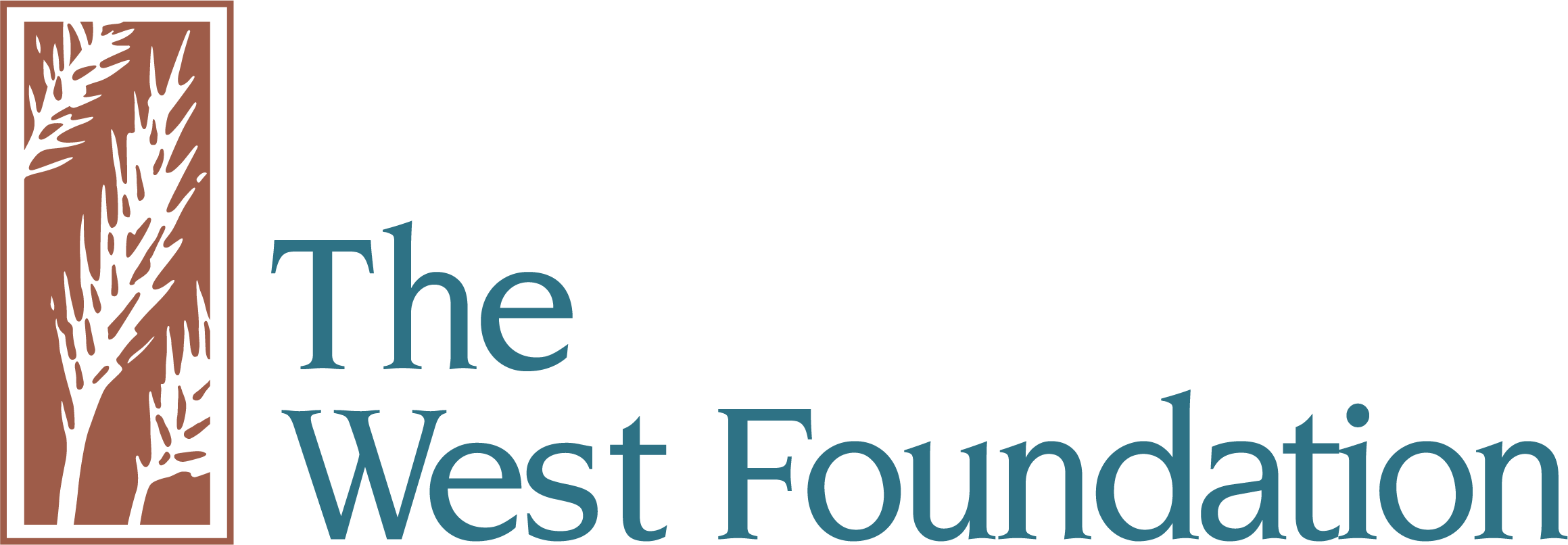Pro Mujer
Pro Mujer was gifted $15,000 towards its three-year capacity building initiative. Monies will be utilized as necessary over a menu of seven program-wide areas: improving client relations and customer service, client access to individual credit, institutional capacity building, health and human development, employee well-being, corporate structure, marketing, innovation and market studies. Efforts towards capacity building in these areas will allow the organization to deepen its services (particularly in delivery of health services) to its more than 328,000 clients as well as to expand its loan products to include rural clients as well as the urban and peri-urban women currently served. Created in 1990, Pro Mujer provides poor women in Latin America with the means to build livelihoods for themselves and futures for their families through microfinance, business training and health care support. The organization today works in five countries across Latin America.
